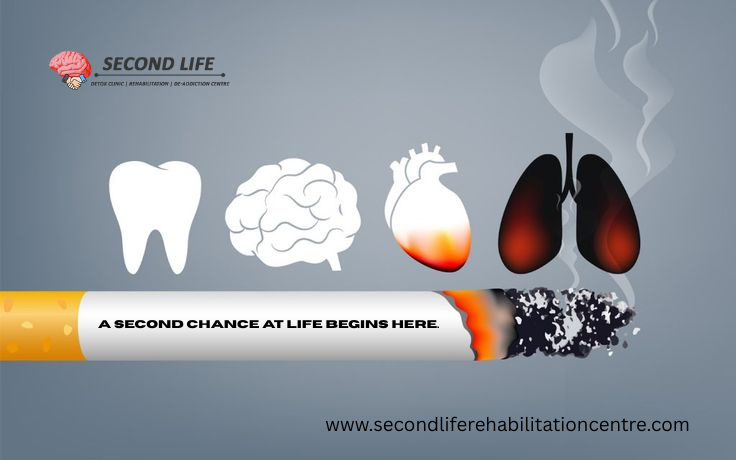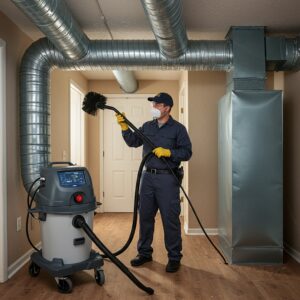
A professional Rehabilitation Centre in Delhi not only addresses substance abuse but also treats underlying mental health conditions through what is known as dual diagnosis care. Dual diagnosis refers to the co-occurrence of a mental health disorder and substance addiction in the same individual. Treating both conditions simultaneously is crucial, as they often influence and worsen each other.
For example, someone suffering from depression or anxiety might turn to alcohol or drugs as a form of self-medication. Over time, the substance use worsens the mental health condition, creating a vicious cycle. Without integrated treatment, recovery from either condition is extremely challenging.
The Complexity of Dual Diagnosis
Dual diagnosis is complex because the symptoms of mental illness and addiction often overlap. A patient suffering from bipolar disorder may be misdiagnosed with drug-induced mood swings, or someone with anxiety might be misinterpreted as having withdrawal symptoms. A specialized De Addiction Centre in Delhi uses comprehensive psychological evaluations and screening tools to identify both issues accurately.
Why Integrated Treatment Matters
In cases of dual diagnosis, treating only one condition can lead to relapse. If addiction is treated but the mental health condition is ignored, the unresolved psychological issues may drive the patient back to substance use. Conversely, treating mental illness without addressing addiction leaves the individual vulnerable to continued substance abuse.
A dual diagnosis treatment program includes detox, individual and group therapy, psychiatric care, and sometimes medication—all tailored to the unique needs of the patient.
Role of Therapy and Counseling
Cognitive Behavioral Therapy (CBT), Dialectical Behavior Therapy (DBT), and trauma-informed care are commonly used approaches in dual diagnosis treatment. These therapies help patients understand their thought patterns, cope with stress, and manage emotional triggers. Facilities like a reputed nasha mukti kendra in Delhi ensure that therapy is personalized and continuous throughout recovery.
Support Systems and Aftercare
Family involvement and peer support are also vital in treating dual diagnosis. Educating families about the challenges of co-occurring disorders helps create a supportive environment post-rehabilitation. Aftercare programs that include ongoing counseling, support groups, and lifestyle planning reduce the chances of relapse.
Conclusion
Dual diagnosis requires more than just detox or short-term rehab—it demands a holistic and integrated approach. Choosing a reputable Rehabilitation Centre in Delhi ensures that both mental health and addiction are treated with equal importance. Whether you’re considering a top-rated De Addiction Centre in Delhi or a compassionate nasha mukti kendra in Delhi, make sure they offer specialized care for dual diagnosis. Because true recovery begins when the mind and body heal together.




